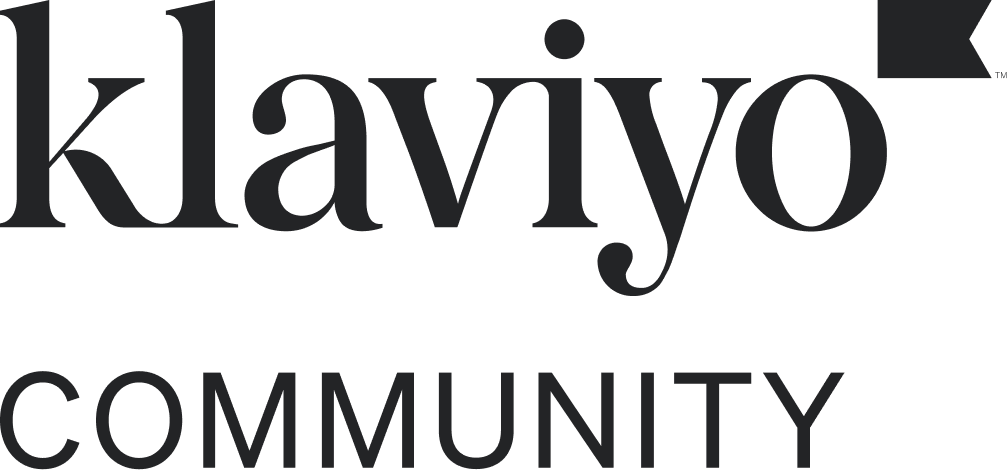How do you hire a great CRM manager? Here’s the complete guide
Ever found yourself knee-deep in email campaigns, juggling customer data, and wondering, “Hang on...do we need a CRM manager?”
If that sounds familiar, you’re not alone. For many growing brands, there comes a tipping point when customer journeys get messy, automation becomes patchy, and segmentation starts to slip. That’s when a CRM manager can turn chaos into clarity.
In this guide, I walk you through what to look for (and what to avoid) when hiring a CRM manager. I’ve also included a plug-and-play job description and the interview questions I swear by.
Let’s get into it.
Why you might need a CRM manager
So...how do you know it’s time?
Here are some telltale signs:
- You’re sending the same campaign to everyone because building segments takes too long.
- Automated flows are outdated, half-finished, or clashing.
- No one really owns the CRM, and data governance has gone out the window.
- Reporting takes forever, and you’re not sure if the numbers are even right.
If any of this sounds familiar, hiring a CRM manager could save you time, money, and a heap of stress.
What to look for in a CRM manager
A great CRM manager is more than a tech whiz. They’re a strategic operator who knows how to make your data work harder and smarter.
Hard skills to look for:
- Experience with platforms like Klaviyo, Salesforce, or HubSpot
- Comfort working with data: segmentation, hygiene, integrations
- Experience with building and managing automation flows
- Reporting and performance analysis skills
Soft skills that matter just as much:
- Strong communication across teams (think marketing, product, and customer service)
- Project management and prioritisation
- Curiosity and strategic thinking—someone who asks "why", not just "how"
Pro tip: Don’t get dazzled by certifications. Ask the candidate how they’ve actually used the tools to solve real problems.
Where to find great candidates
Hiring doesn’t have to be a nightmare, as long as you know where to look.
Tried and tested places:
- We Work Remotely: great for global talent
- LinkedIn and CRM/MarTech community groups
- AngelList: if you're in the startup space
- Your own team: someone in ops or marketing might be ready to step up
Not ready to commit to a full-time role? You could explore freelance CRM specialists or even a fractional hire to get systems in place while you scale.
Sample CRM manager job description
Here’s a starting point you can tailor:
Role summary:
We’re looking for a CRM manager to own and improve the customer journey across email, SMS, and other direct channels. You’ll be responsible for managing our data, building automation, and working closely with marketing, sales, and CX to drive retention and lifetime value.
Key responsibilities:
- Set up and maintain lifecycle flows in Klaviyo.
- Build smart, scalable segmentation strategies.
- Own CRM reporting and surface key insights.
- Keep our data clean and connected across platforms.
- Collaborate with key stakeholders to align on goals.
Tools (adjust based on your stack):
- Klaviyo
- Shopify
- GA4
- Zapier
- HubSpot
KPIs:
- Email/SMS revenue
- Deliverability
- LTV
- Churn rate
- Growth of active segments
Interview questions to ask
Need to dig deeper than what’s on the CV? These questions have helped me separate the good from the great:
- Strategic thinking: “How would you go about building a customer journey map for a new product launch?”
- Technical ability: “Walk me through a segmentation strategy you built and the impact it had.”
- Problem solving: “You’re stepping into a CRM that’s a mess. Where do you start?”
Red flags to watch out for:
- The candidate is focused purely on execution, with no real ownership of lifecycle strategy.
- They can’t explain the “why” behind what they did.
- They don’t ask questions about your tech stack or business needs.
After you’ve hired: set your new CRM manager up for success
Getting someone in the door is just the start. The real value comes from how you onboard and empower them.
Here’s a simple checklist to get started:
- Align on business goals and key lifecycle moments.
- Audit what’s already live and what needs fixing.
- Create a roadmap with clear wins and longer-term projects.
- Introduce them to your key teams—especially marketing, sales, and product.
Your new CRM manager should become the connective tissue across your customer experience.
Final thoughts: your CRM hire could be a game-changer
Hiring the right CRM manager can be the difference between sending out email blasts and building long-term customer relationships.
Whether you're cleaning up a messy database or trying to scale lifecycle marketing, or you simply need someone to take ownership of CRM, this guide should give you a strong starting point.
Have you hired a CRM manager before? Are you in the middle of it now?
Share your biggest questions or lessons learned in the comments. The more we share, the better we all get.
And check out the other articles in this series:
Cheers,
Hayley Rosales
Klaviyo Community Champion




![[Academy] Deliverability Certificate Forum|alt.badge.img](https://uploads-us-west-2.insided.com/klaviyo-en/attachment/505f2253-cde5-4365-98fd-9d894328b3e0_thumb.png)
